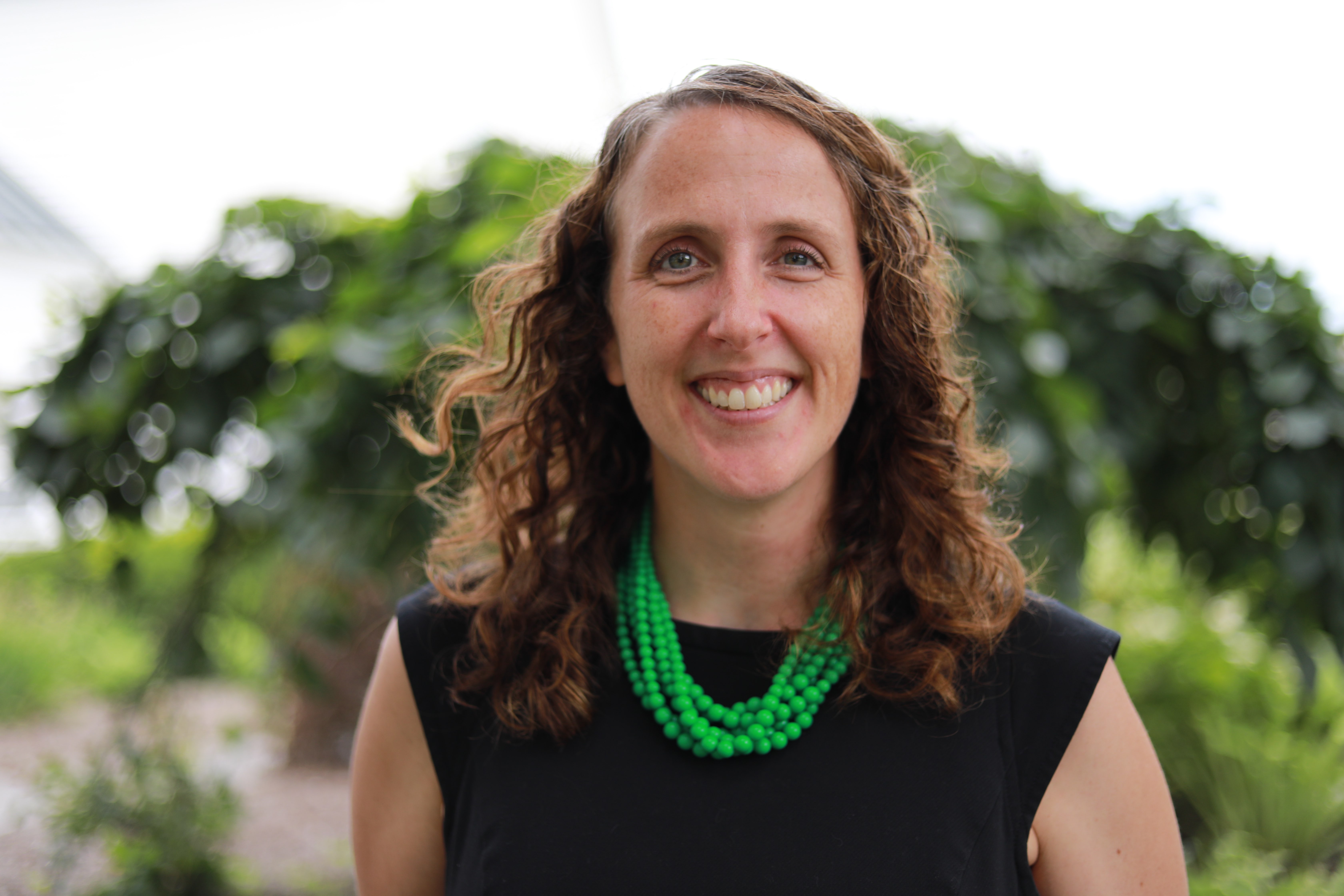When the COVID-19 pandemic sent most UMF students home, Katie Fournier ’01, UMF’s Center for Student Development Director, swiftly transitioned services to provide remotely-accessible mental health support.
Words by Katie Fournier / Photo by Ryan Mastrangelo

When and how did UMF make the switch to telehealth?
In short, really quickly.
We worked to make the switch from in-person services to telemental health over spring break while decisions were being made about what would come in response to the COVID-19 pandemic. We collaborated with the University of Maine System, risk management, information technology, our billing company, and other counseling centers around the state to ensure we were able to make the transition appropriately, honoring all of the regulations that ensure safety in our work. We were able to supply clinicians with HIPAA-compliant Zoom accounts, lockboxes to safely secure notes in, and online telemental health training.
In what ways does telehealth differ from in-person mental health services?
Over the past several months, I have regularly found myself grateful this crisis is happening in 2020 and not twenty years ago. It would have been nearly impossible to adapt life as we know it into remote and effective arrangements. Telehealth offers a level of accessibility in-person mental health services cannot. We are able to meet with students who were off-campus and to support them through their own transitions to remote work as well as navigation through a global pandemic.
There are some components of in-person mental health services missed. While physical presence can be mimicked on a screen, it can fall short at times. Some students, however, found they preferred using Zoom as their platform for meeting with clinicians. While most students met with us on a HIPAA-compliant Zoom platform, some chose to use the telephone due to internet access, connectivity issues, or simply due to preference. Our goal through the process was to meet students where they were in a safe manner.
Once it is safe again, we look forward to resuming in person counseling with our students.
What will mental health services look like for this fall?
In the fall, we will continue to use telemental health platforms to meet with students. Our office sizes are too small to safely physically distance, and masks during therapy can be contraindicated. We are working to make plans to offer virtual outreach, drop-in hours, and workshops. Again, through this challenge, we are finding creative ways of accessing students that we will likely carry forward with us to maintain accessibility options for the work we are doing to support our students and community.
Are there any silver linings to the way things have changed over the course of recent months?
Absolutely. Historically, we have had a very traditional college counseling program. Due to the need to move abruptly to remote work this spring, we were able to quickly transition to use telemental health in mere weeks, something we had wanted to do for a long time, but hadn’t been able to achieve because of limited resources. The move to telemental health allowed us to expand accessibility to all of our students. For example, in the past, students who left campus for student teaching or internships were at times unable to continue their work with counseling. However, with telemental health, we are able to offer more flexibility for our students to remain engaged regardless of proximity to campus.
We have a strong core of mental health counselors who have on campus offices, are well-connected with students, faculty, and staff, and provide stability to our counseling services. Through this process, we have become interested in exploring ways to expand our team. COVID-19 has highlighted disparities some of our students face each day. Through expanding the way we work, we hope to find opportunities to better support marginalized populations on our campus including BIPOC, LGBQIA, veterans, immigrant and refugee populations, students who have experienced sexual violence, and students with disabilities. This will include how we deliver our services currently and expand to include new clinicians who may have areas of expertise that address our marginalized students in supplemental ways.
What, if any, mental health options do we offer for alumni?
All current UMF students are eligible for counseling services. While we do not offer direct counseling services to alumni, we are happy to help find resources in their area for support.
- Evergreen Behavioral Services Crisis Response Service 207-779-2843
- Maine State-wide Mental Health Crisis Line 1-888-568-1112
- Non-crisis Peer to Peer Support 1-866-771-9276
- Sexual Assault Prevention and Response Services, formerly called SAVES, 207-778-9522 or 1-800-871-7741
- Safe Voices, formally called AWAP, 207-778-6107 or 1-800-559-2927
Katie Fournier graduated from UMF in 2001 where she studied psychology and English. She earned a masters degree in Counseling Psychology at Antioch New England Graduate School and worked in Portland doing outpatient therapy at another university followed by a community counseling center for the better part of a decade, before returning to Farmington in 2013. Since then, Fournier has worked in the Center for Student Development (CSD), first as a mental health counselor under Bob Pederson, her UMF role model, and then as the Director of the CSD where she now leads a strong team of colleagues who are committed to serving UMF students and community, whether in person or at a distance.

